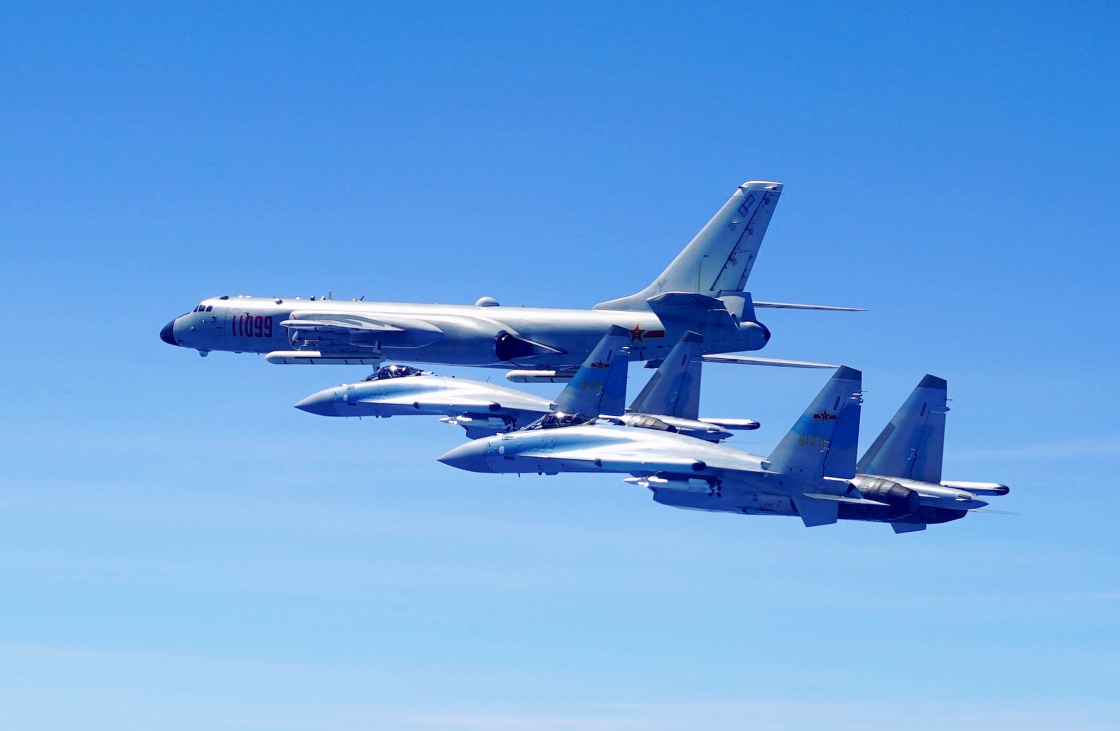
The 2023 Defence Strategic Review (DSR) is very clear: Australia must change the way it plans for and acquires defence capabilities. The DSR recognises that doing so will require a net assessment to examine the various factors that may contribute to or detract from the country’s military capabilities.
A previous ‘balanced force’ approach optimised to a broad set of contingencies is no longer suitable, given the strategic circumstances. Rather, the DSR recommends that Australia’s approach to defence planning focus on ‘building force structure, force posture and accelerating preparedness … to ensure it is focused on the levels of risk in our current strategic circumstances’. It adds that this ‘much more focused force structure [is] based on net assessment, a strategy of denial, the risks inherent in the different levels of conflict, and realistic scenarios agreed to by the Government.’
Since the publication of the DSR, little information on how Australia will undertake a net assessment has been released. Given that it is significantly different from Australia’s traditional approach to force structure development, encompassing elements of security that extend beyond defence and requiring significant financial and human resources, it’s worthwhile discussing how this might manifest in the Australian context.
Typically, the absence of a specific threat has meant that Australia’s defence planning framework, like those of many of its allies, has been based on capability planning. In the post-Cold War era, with no specific or significant security threat, such a risk-based approach provided strategic flexibility. Capability planning, in theory, ‘advocates developing a whole range of capabilities from peacekeeping, counterinsurgency, precision strikes, to full-scale war that might be required’. As the future adversary, area of operation and type of conflict were uncertain and, potentially, unknowable, such a risk-based hedging strategy made sense.
But changing times necessitate a new approach. This is where net assessment comes to the fore. It’s defined as ‘a conceptual approach to understanding the critical features characterizing long-term competitive relations among strategic actors’. John Blaxland notes that it provides ‘a holistic, comprehensive analysis of long-term and broad-ranging dynamics to derive a multinational and multispectral net assessment of the security challenges faced in the medium term (out 5–10 years) and long term (spanning the next generation, out to 2040 and beyond).’
Andrew Shearer, the director-General at the Office of National Intelligence, suggests that ‘net assessments work well because of their ability to take a wider aperture … [as they go] to the different dimensions of power, not only military, but economic, diplomatic and soft power’, all of which are key to the DSR’s whole-of-government national defence strategy. More holistic and powerful than a typical threat assessment, a net assessment ‘accounts for and forecasts the strategic interaction that would occur in any conflict’, furnishing decision-makers with a strong foundation for making informed choices about future force structure.
Fundamentally, net assessment is built around three considerations. First, it details the relative balance between two protagonists across the full spectrum of power dynamics, situating them within domains of contestation. Second, by identifying pockets of imbalance, it captures potential asymmetries between protagonists that are open to exploitation, thus identifying both opportunities and threats. Finally, it recognises the dynamic nature of competition. Over time, as conditions change, so does the relative balance. Therefore, asymmetries will be fleeting.
To date, net assessment has been the tool of major powers—the US and USSR/Russia—and more recently NATO and the UK. The net assessment that Australia employs must be adapted to Australia’s middle-power status and its strategic location, as those are critical in establishing in what form and under what circumstances Australia can realise its strategic goal of deterrence by denial.
Establishing a net assessment capability from scratch is a significant undertaking, something that might not be evident from the DSR. Paul Dibb and Richard Brabin-Smith’s 2021 report Deterrence through denial: a strategy for an era of reduced warning time provides a prescription from which to build a bespoke Australianised net assessment approach. They acknowledge that shifting to net assessment is challenging, since ‘the task of appraising potential enemies in forming net assessments is growing ever more complex and more difficult as the range of threats is becoming more elusive.’ Capacity will constrain what Australia can realistically achieve, as net assessment requires a long-term commitment of significant resources, both financial and human. Because Australia’s intelligence and analysis community is relatively small, at least in comparison with those of other nations that perform net assessments, ambitions will have to be managed. While the assessment must remain sovereign, data sharing between allies will allow Australia to overcome some of the resourcing challenges that net assessment creates.
While it is not obvious to the analytical community, one would expect that Defence has commenced the process for establishing a net assessment capability. However, there are some key facets that it will need to address, beginning with defining the terms of reference that will guide the assessment. In addition, understanding balance and asymmetric advantage over time requires knowledge, expertise and analytical models. Building those bespoke systems to perform the assessment requires an upfront investment and long-term dedicated resources. And Australia must empower those delivering the net assessment function so that they can access the data they need unimpeded and provide impartial advice to government. That independence has been critical to the success of the Office of Net Assessment in the US.

